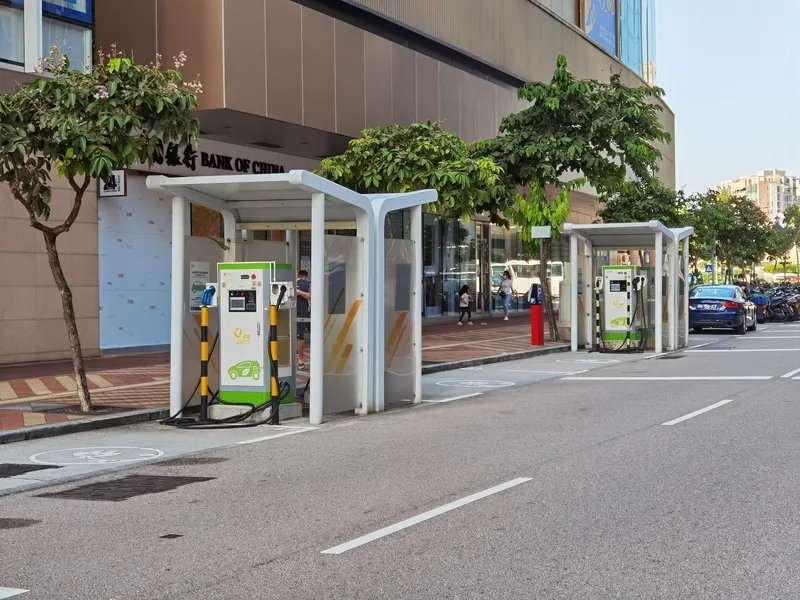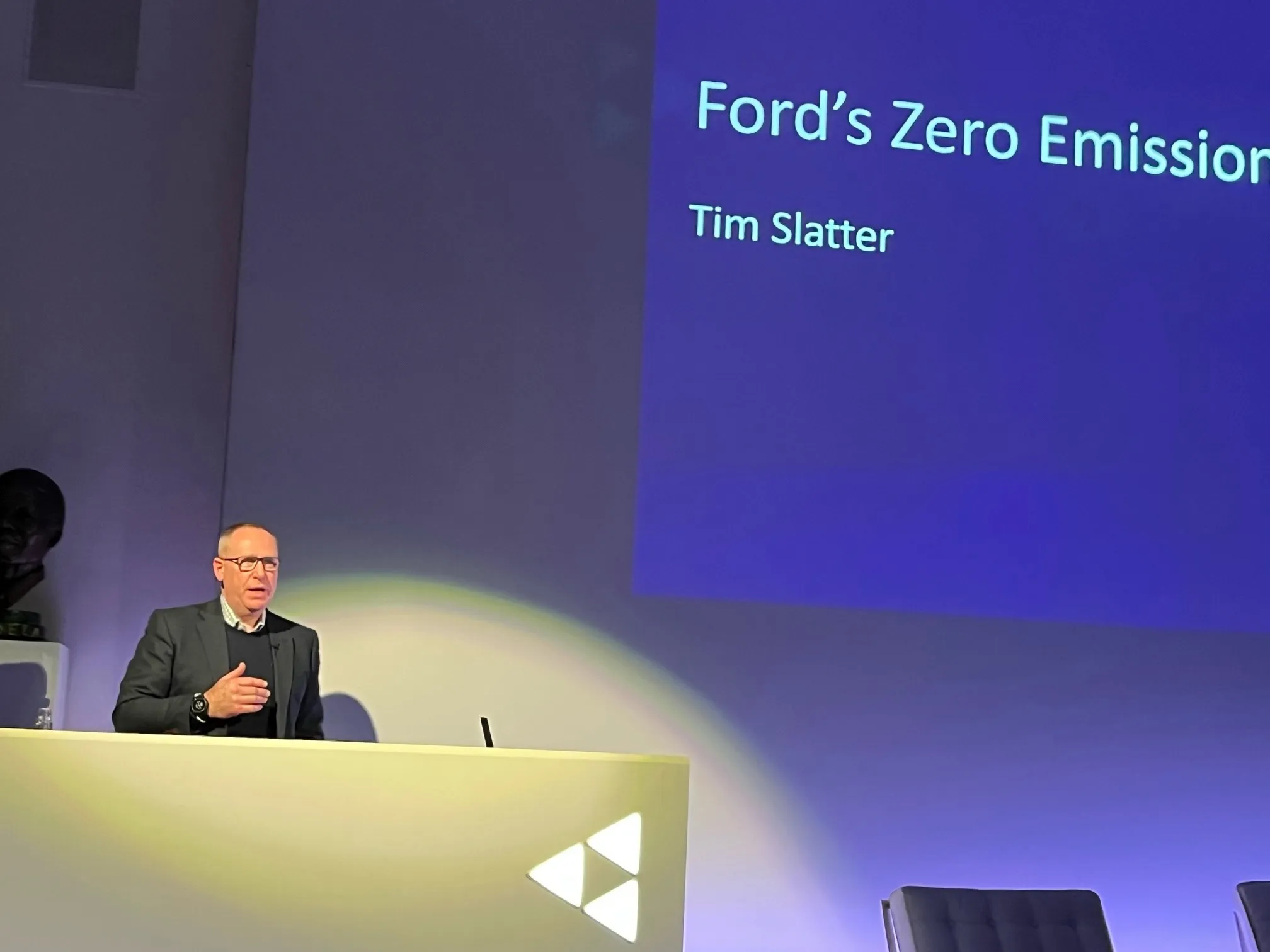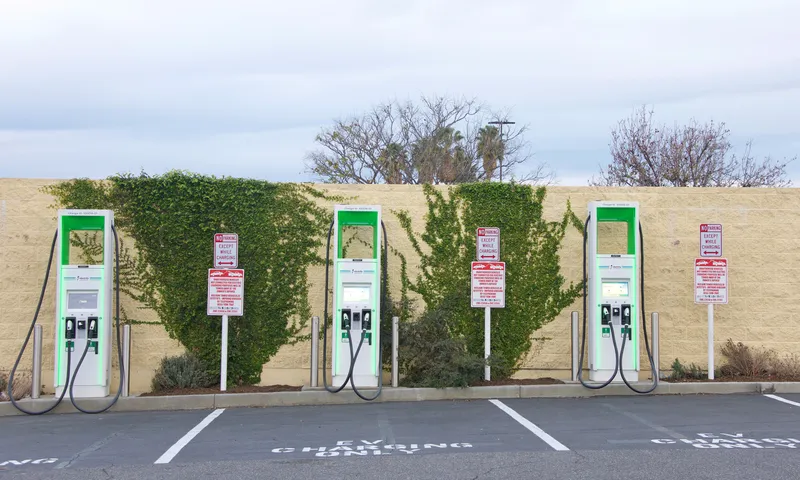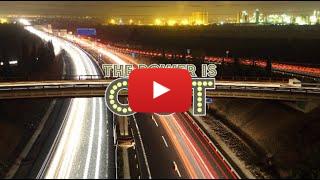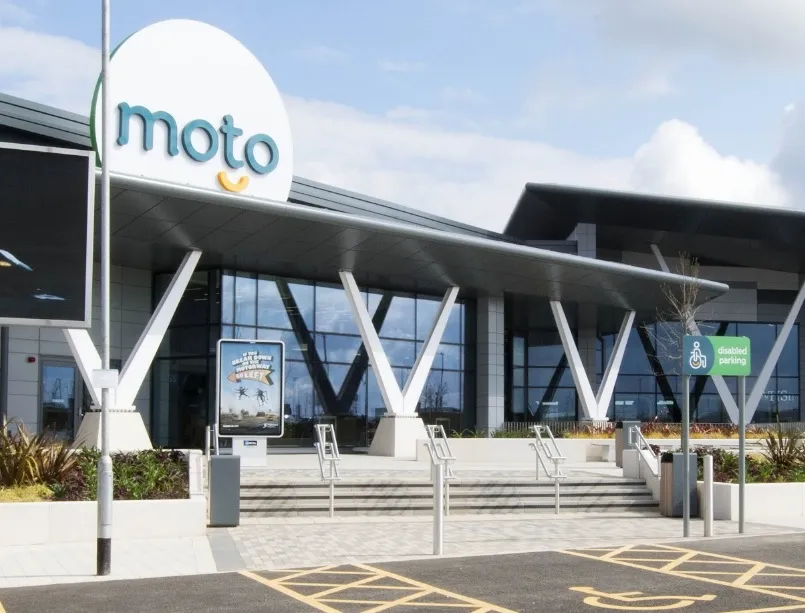
Moto plans to install up to 300 eHGV charging bays over 23 strategically located superhubs by 2030. Construction of the first two eHGV superhubs at Exeter and Tamworth targeted to start in April, following recent planning approval.
These superhubs are expected to provide capacity for up to 5,000 eHGVs, significantly reducing emissions by more than 500,000 metric tons of CO₂ per year, the equivalent of planting over twenty million trees.
The first phase of the plans will see 15 eHGV superhubs established on key trading routes by the end of 2027.
Moto CEO Ken McMeikan commented: “Just as we have done for passenger cars, where we now have over 1000 EV charging bays, Moto will lead the way in creating a sustainable, accessible, and reliable charging network for trucks and lorries. Our eHGV superhubs will support the decarbonisation of the transportation network, a key part of the energy transition. This critical infrastructure will unlock electric freight growth for the UK economy.”
Moto’s eHGV charging network is designed to meet the needs of logistics operators and hauliers, offering ultra-fast and dependable charging solutions to support the UK’s growing demand for zero tailpipe emission transportation.
The Climate Change Committee's (CCC) Seventh Carbon Budget, released last week, underscored the necessity of upgrading the UK's grid infrastructure to facilitate the transition to low-carbon energy and transportation systems.
With the logistics industry under increasing pressure to decarbonise, Moto will work with industry partners and government to create the new network, enabling fleet operators to meet environmental targets while keeping the nation’s supply chains moving.
77% of goods are transported via the road network according to the UK government, yet figures from Society of Motor Manufacturers and Traders (SMMT) last month showed demand for zero emission trucks had fallen last year, by -7.3% to just 217 units. Increasing the supply of eHGV chargers will increase demand for eHGVs.
During 2024, EV car drivers had used Moto’s charging facilities over two million times, powering 135 million miles of journeys. Moto was the first motorway services operator to deliver over 1,000 EV charging bays, and has a further 250-300 planned for 2025.


